Have you ever returned home to find your prized vase shattered, your favorite mug on the floor, or your brand new phone teetering on the edge of disaster—all thanks to your curious feline? It’s almost as if cats have a secret agenda to target the most valuable or sentimental items in your home. But is it just mischief, or is there something deeper going on in their furry little minds? Let’s unravel the mystery together and explore why cats seem irresistibly drawn to knocking over expensive things, leaving us both baffled and oddly amused.
The Irresistible Call of Curiosity

Cats are natural explorers, and their curiosity knows no bounds. Every new object in your house is like a shiny treasure chest waiting to be discovered. When you place something unfamiliar—especially something that glimmers or rattles—your cat’s inner detective just can’t resist. It’s as if they’re asking, “What happens if I touch this?” For cats, the only way to truly know is to give it a little nudge. Sometimes, this curiosity is so strong that even your scolding voice or a stern look won’t deter them. Their need to investigate wins every single time.
Testing Gravity: Feline Scientists at Work
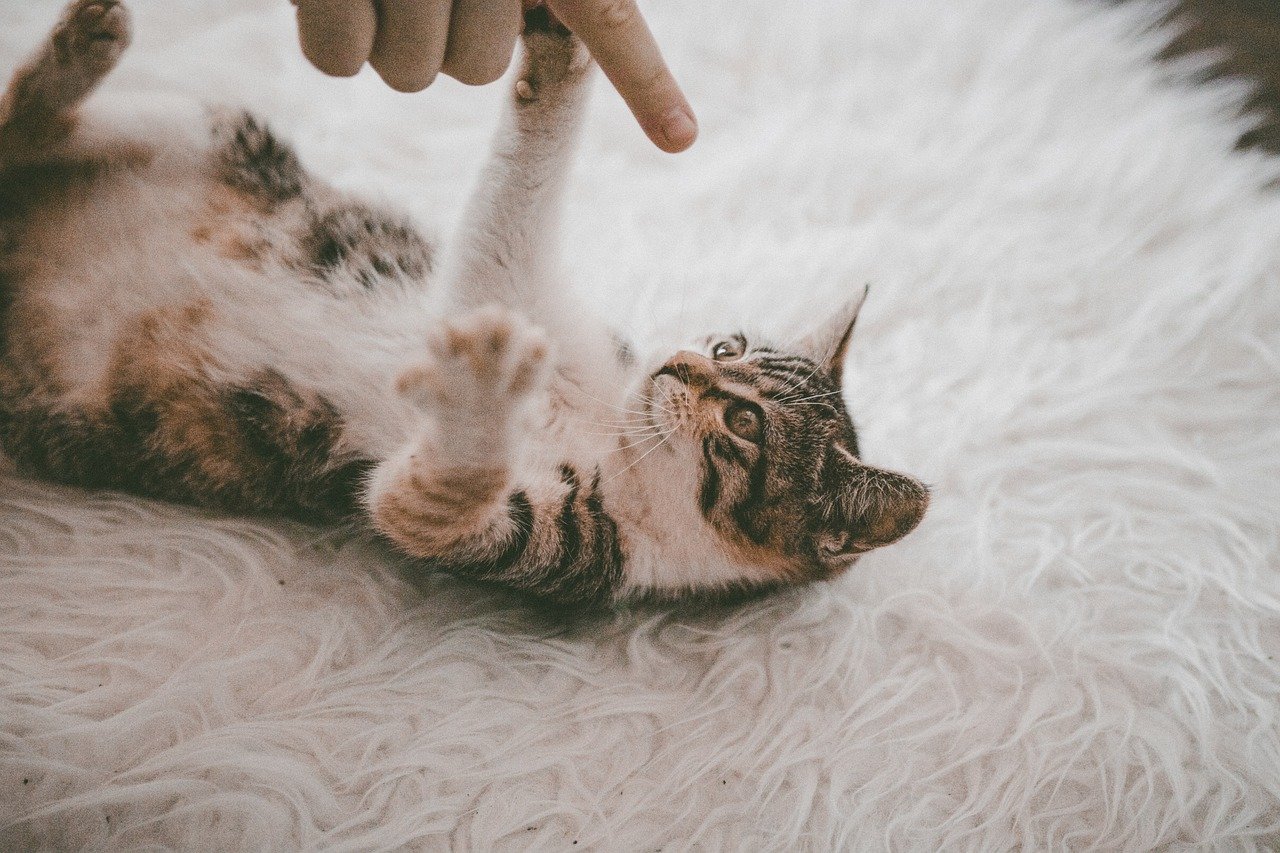
Believe it or not, your cat might just be a budding scientist. They love to test the laws of physics, especially gravity. Watching an item tip, wobble, then fall is endlessly fascinating to them. It’s like their very own science experiment, and they’re the star researcher in the lab. Expensive things often make more dramatic noises or break in more satisfying ways, making the entire experiment even more exciting for your furry friend. To a cat, every object is an opportunity to confirm that, yes, things do fall down.
Attention-Seeking Shenanigans
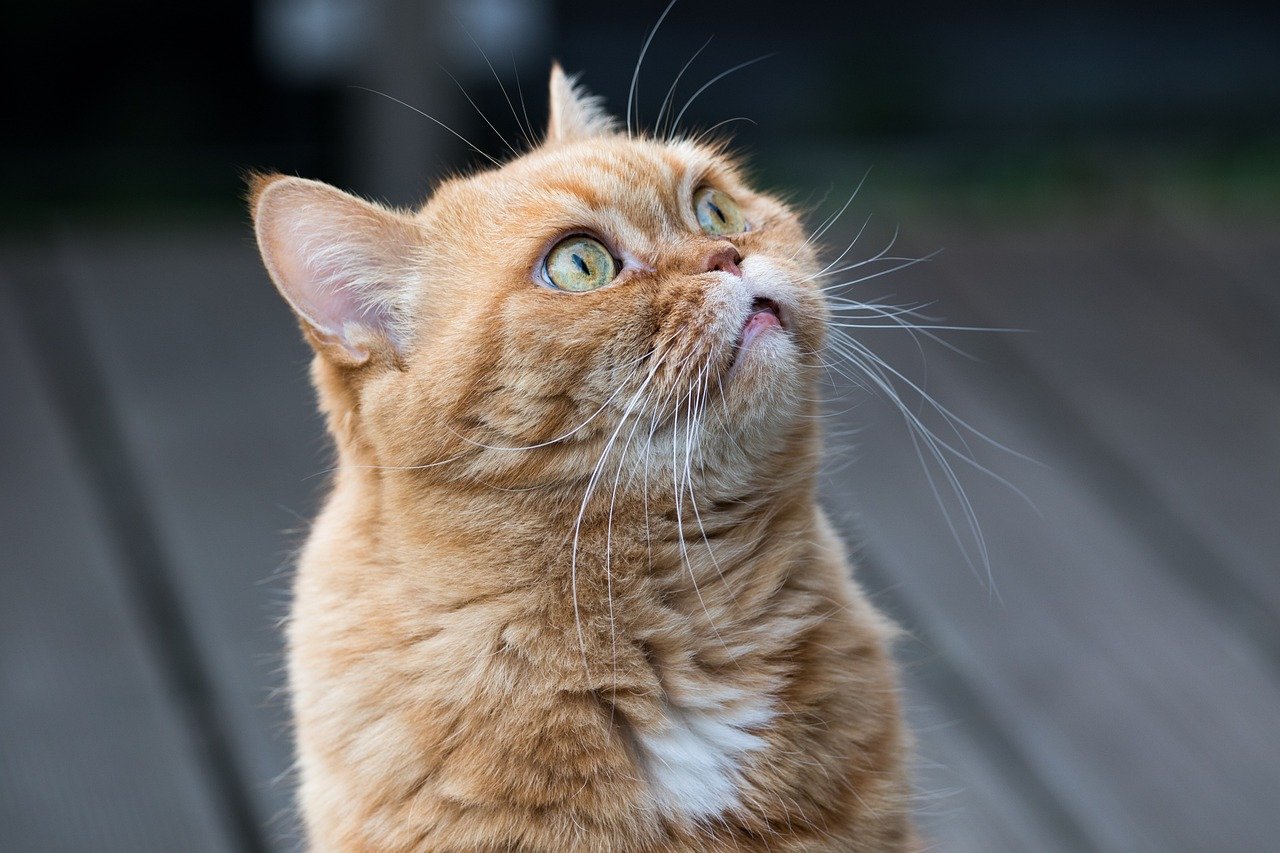
Sometimes, the reason is as simple as wanting your attention. Cats are clever creatures, and they quickly learn what gets a reaction from their humans. If knocking over your expensive watch or glass gets you to rush over and fuss, they figure out that’s a sure way to become the center of your world. Even negative attention—like a gasp or a shout—can be a reward for a bored or lonely cat. It’s their way of saying, “Hey, look at me! I’m here!”
The Joy of Making Noise
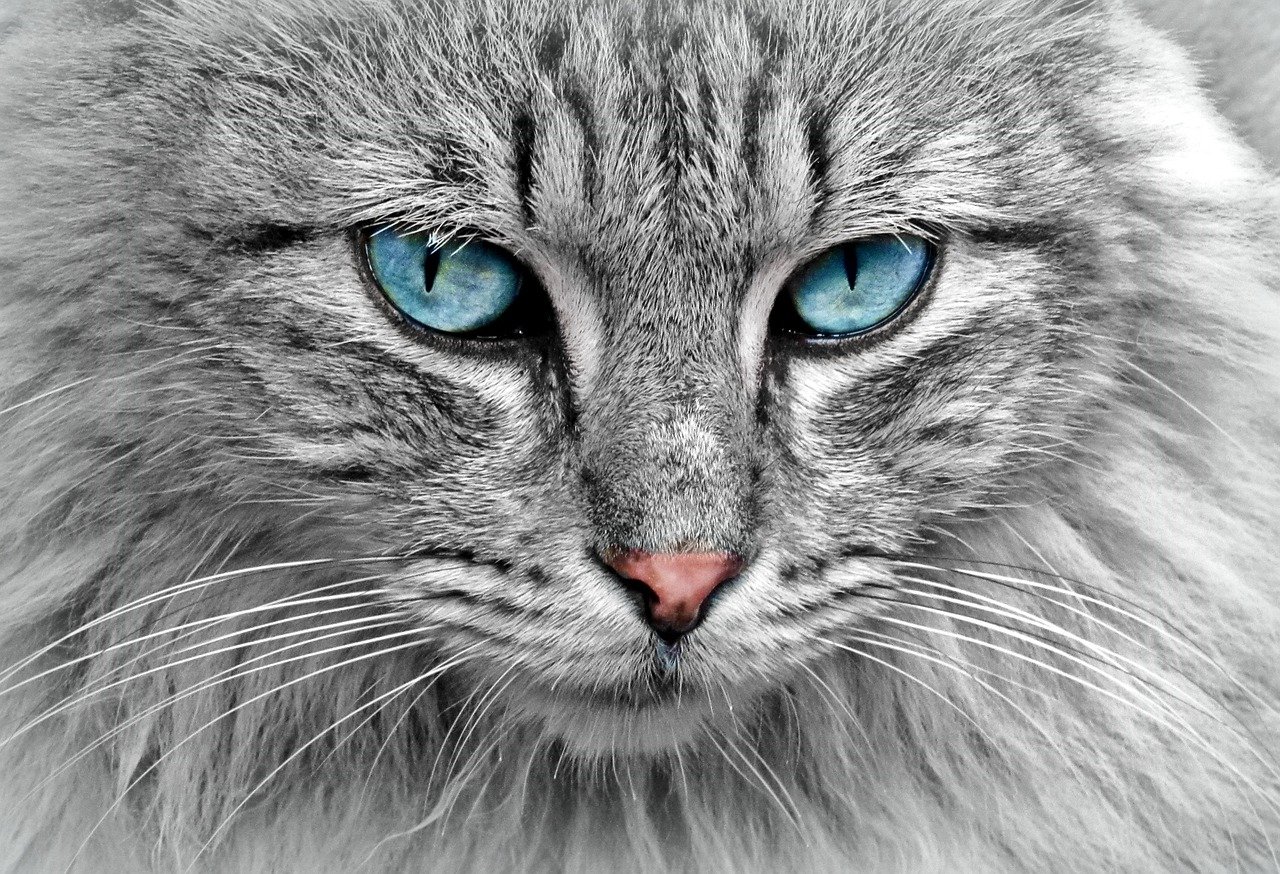
There’s something about the sound of something expensive clattering to the floor that is music to a cat’s ears. The louder, the better. Some cats seem to love the chaos, the clatter, and the overall commotion that comes from a falling object. It might startle you, but it gives them a little thrill. In a quiet house, a cat might just want to break up the silence with a good old-fashioned crash.
Hunting Instincts on Display

Your living room might seem peaceful, but in your cat’s mind, it’s the wild savannah. Every small object is a potential prey animal waiting to be stalked, pounced on, and ultimately defeated. Swatting something off a high shelf mimics the way they’d bat at a mouse or bird in the wild. Expensive things—often delicate, shiny, or interestingly shaped—are especially tempting targets for this ancient instinct.
Claiming Territory and Marking Boundaries

Cats are territorial creatures. By knocking things over, they’re leaving their mark and rearranging their environment to suit their tastes. Sometimes, it’s as if they’re saying, “This is my space now.” Expensive items, which often hold pride of place in your home, are particularly attractive for this kind of behavior. It’s their way of making your territory just a little more feline-friendly.
Boredom: The Root of Mischief

A bored cat is a recipe for trouble. Without enough stimulation, your cat might turn to the most exciting thing they can find—your valuables. Knocking things over gives them a jolt of entertainment and breaks up the monotony of a long, lazy day. If you’ve been working late or your cat hasn’t had enough playtime, your favorite possessions might become their next plaything.
Texture and Tactile Exploration
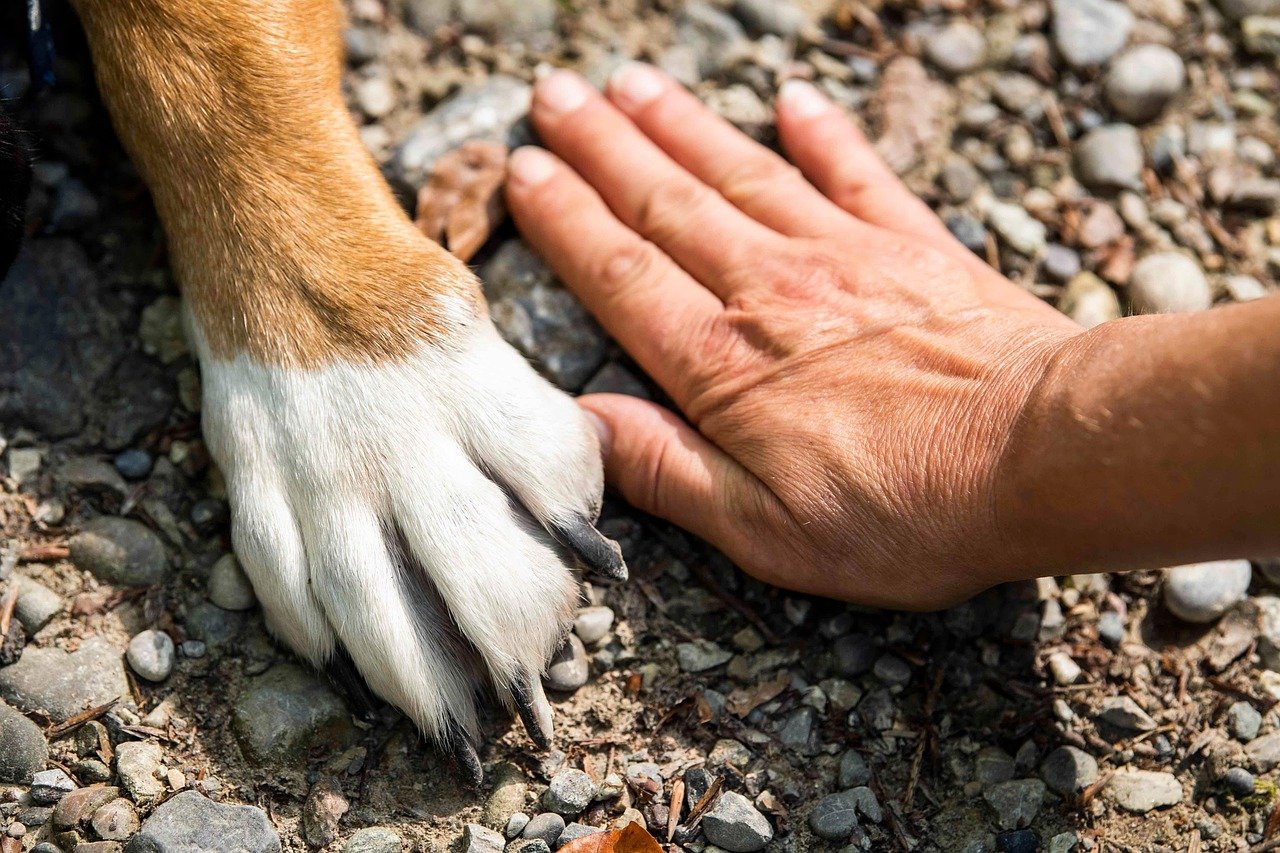
Cats experience the world through their paws. Different objects feel unique—smooth, rough, warm, or cold—and cats love to investigate these sensations. Expensive things are often made of intriguing materials like glass, ceramic, or metal, making them extra tempting for tactile exploration. That little paw swipe isn’t just for fun—it’s scientific research, feline-style.
The Thrill of the Chase
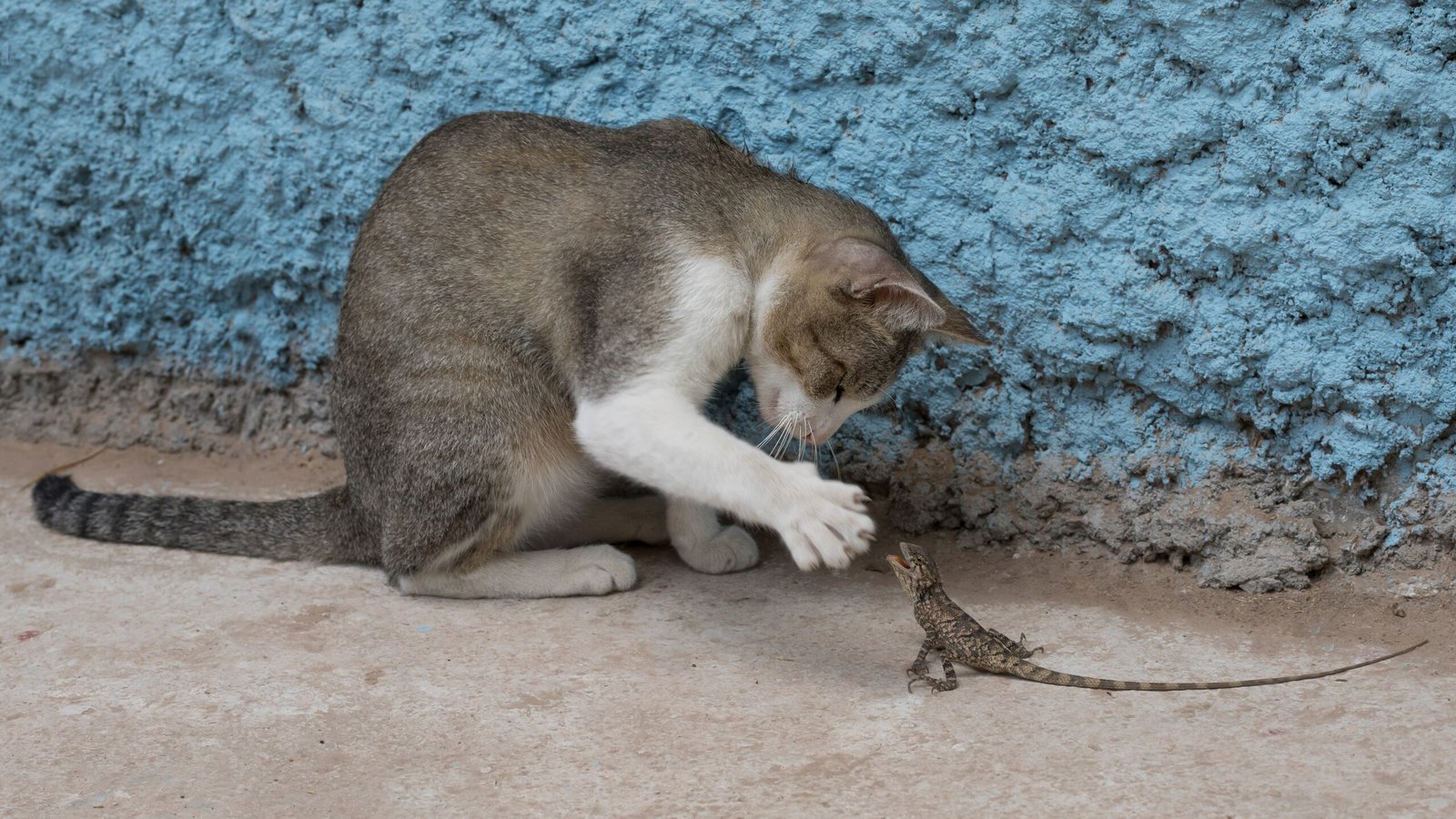
There’s a wild joy in watching an object skitter across the floor after being knocked down. For a cat, it’s like chasing a bug or a mouse. Expensive things, with their unpredictable shapes and movements, can provide hours of amusement as they bounce and roll. Your cat gets to indulge their predatory instincts, while you get to practice your deep breathing exercises.
Social Learning: Copying Their Humans
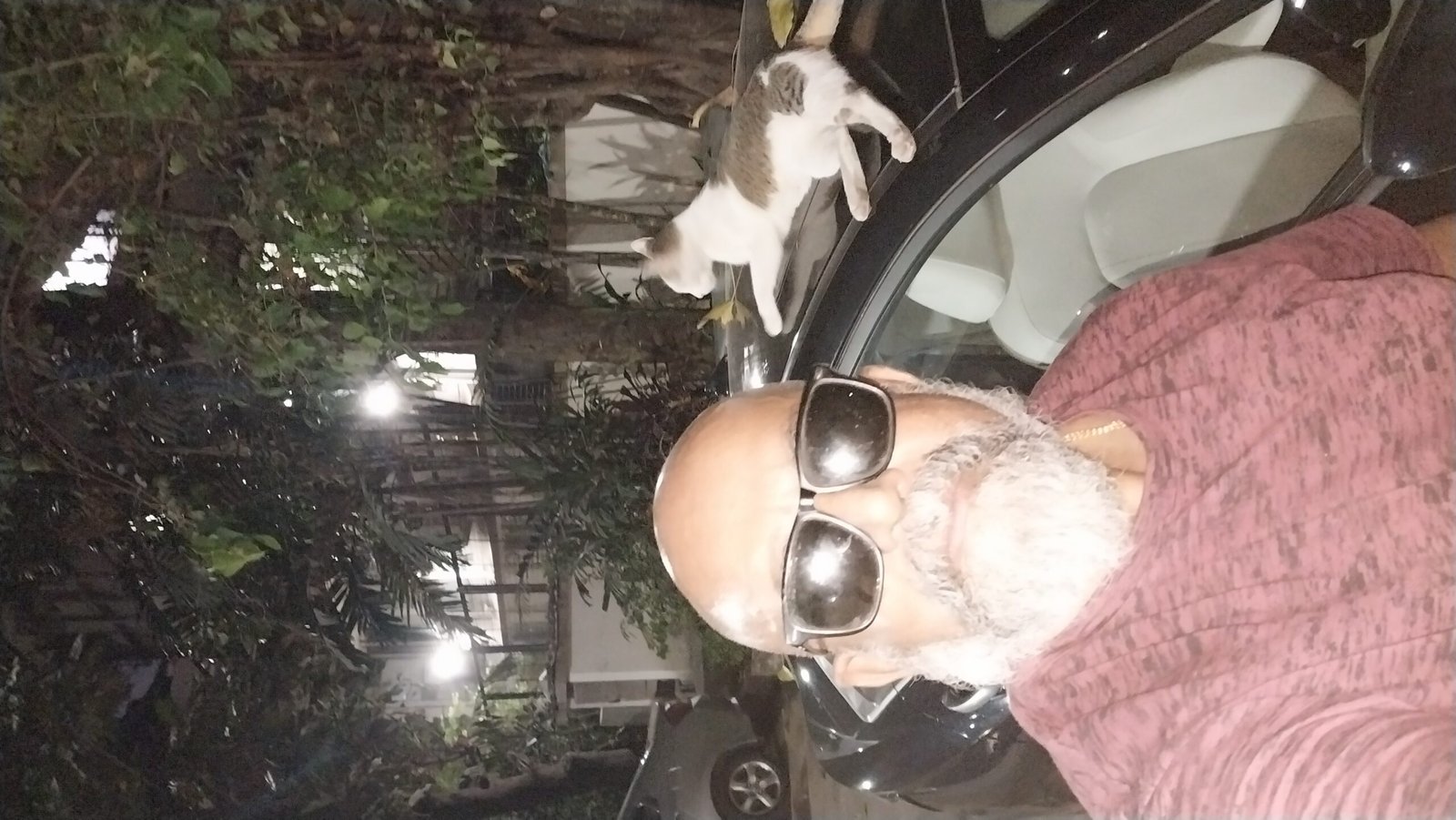
Cats are observant creatures. They watch everything you do, from sipping your coffee to placing items on a shelf. Sometimes, they try to mimic your actions, even if they don’t fully understand the purpose. If they see you handling your valuables with care, their curiosity may be piqued: “Why is that so special?” The next thing you know, they’re investigating it for themselves—with their paws.
The High Ground Advantage
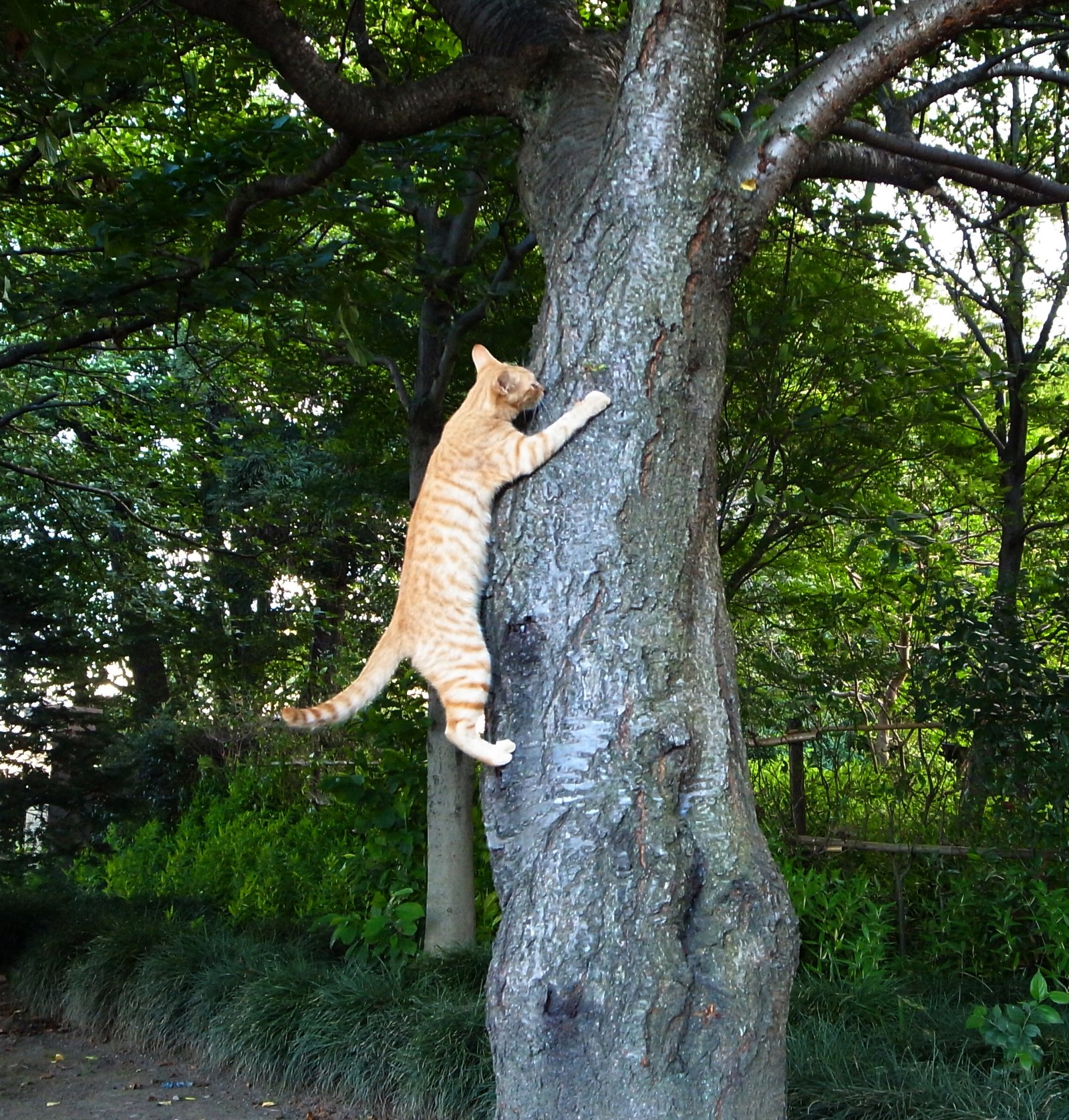
Cats love to perch in high places, surveying their kingdom below. Expensive things are often placed out of reach for safety, but this only increases their allure. The higher the shelf, the more irresistible the challenge. Once up there, your cat might find the temptation to bat something over simply too great to resist. It’s like conquering a mountain and planting their flag at the summit.
The Allure of Forbidden Objects

There’s an old saying: “Curiosity killed the cat, but satisfaction brought it back.” The more you try to keep your cat away from something, the more they want it. Expensive items are usually off-limits, making them the ultimate forbidden fruit. When your cat finally gets their paws on that precious object, it’s a small victory in their ongoing quest for independence.
Smells and Scents: The Invisible Temptation

Cats have an extraordinary sense of smell. Expensive things, like perfumes, candles, or even electronics, can carry interesting scents that attract your cat’s attention. Sometimes, the urge to investigate a new smell is so overwhelming that a little nudge becomes an all-out push. Your cat simply can’t help themselves when their nose picks up something intriguing.
Accidental Antics: It’s Not Always On Purpose
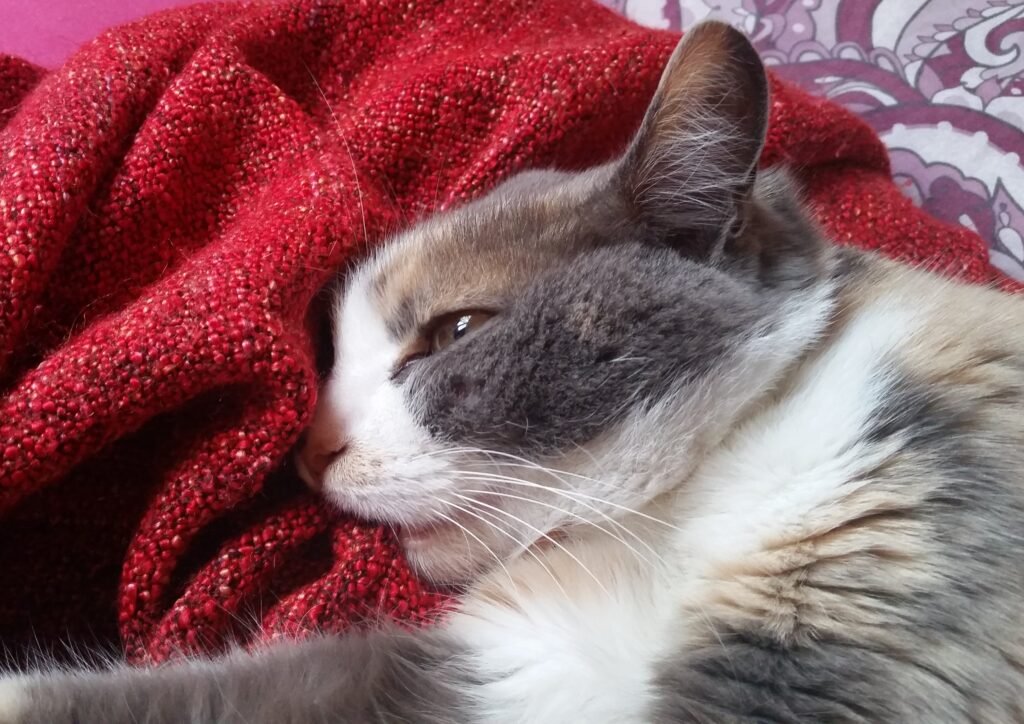
It’s easy to believe your cat is waging war on your wallet, but sometimes accidents happen. A cat jumping up to a windowsill or squeezing behind a shelf might unintentionally knock things over. Their agility isn’t always perfect, and sometimes their tail or back leg gets in the way. While it might look deliberate, these mishaps are often just part of their daily adventures.
Energy Bursts and Zoomies
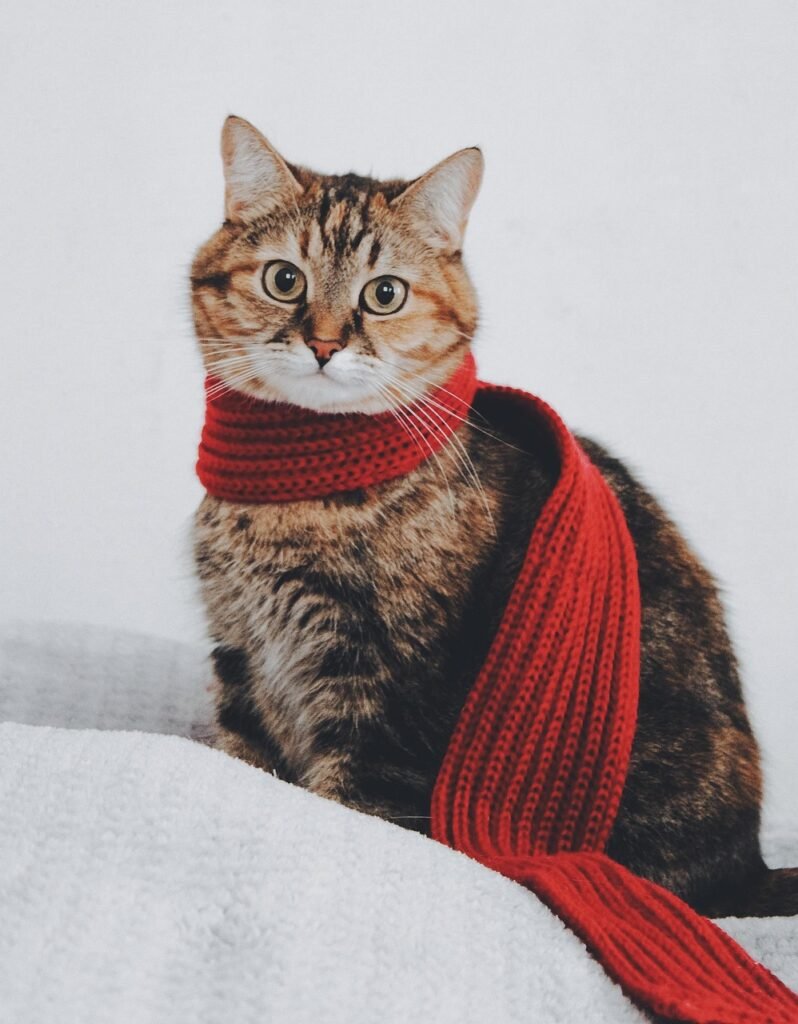
Every cat owner knows about the infamous “zoomies”—those wild bursts of energy that send your cat racing around the house like a tiny tornado. During these moments, your cat might not care what’s in their way. Expensive things become collateral damage as they leap, sprint, and dart from room to room. It’s all part of their need to burn off pent-up energy.
Personal Preferences: Every Cat is Unique
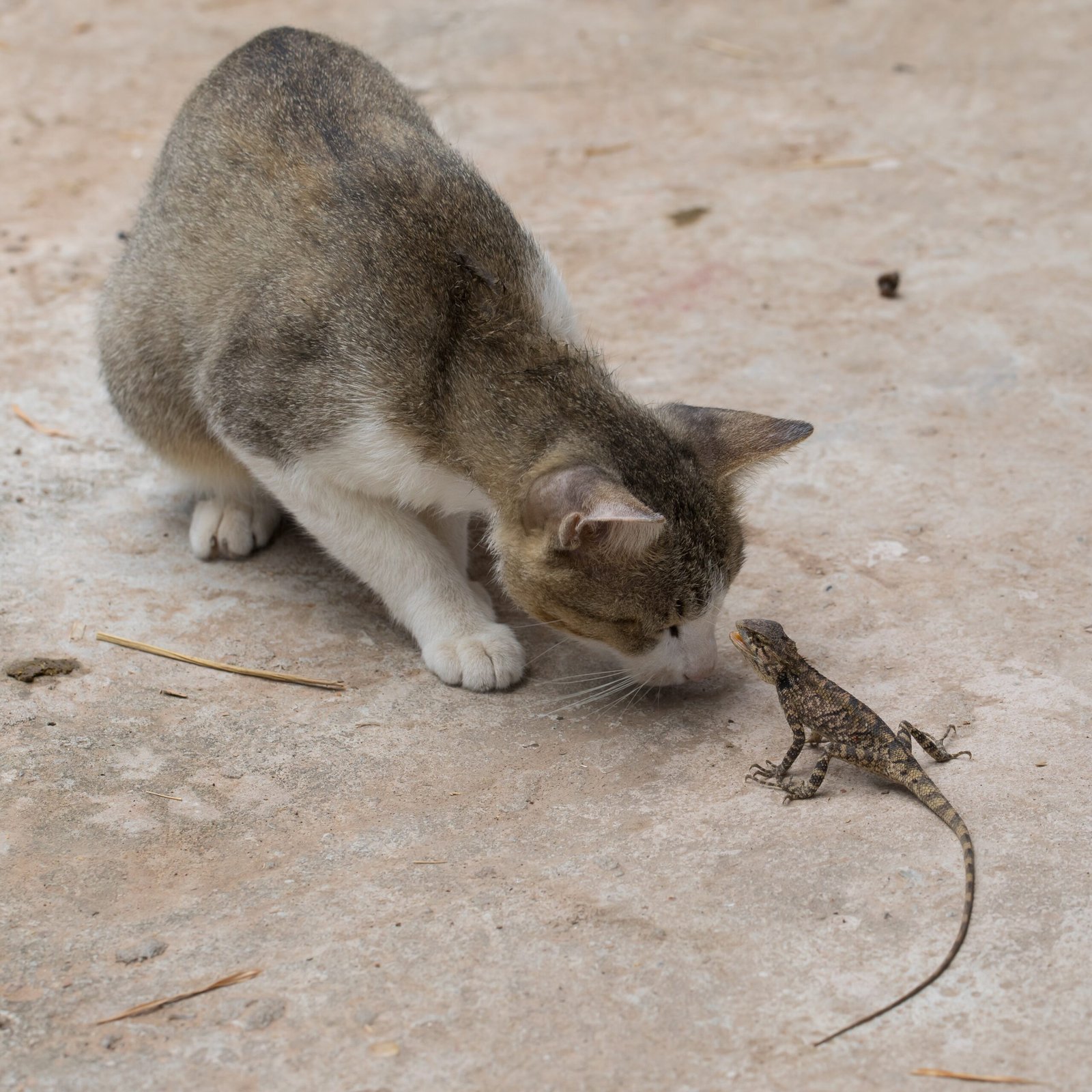
Just like people, every cat has their own quirks and preferences. Some cats seem obsessed with glassware, while others go for books or electronics. The reasons behind their choices are as individual as their personalities. What’s expensive to you might simply be fascinating to them for reasons you’ll never fully understand.
Age and Playfulness
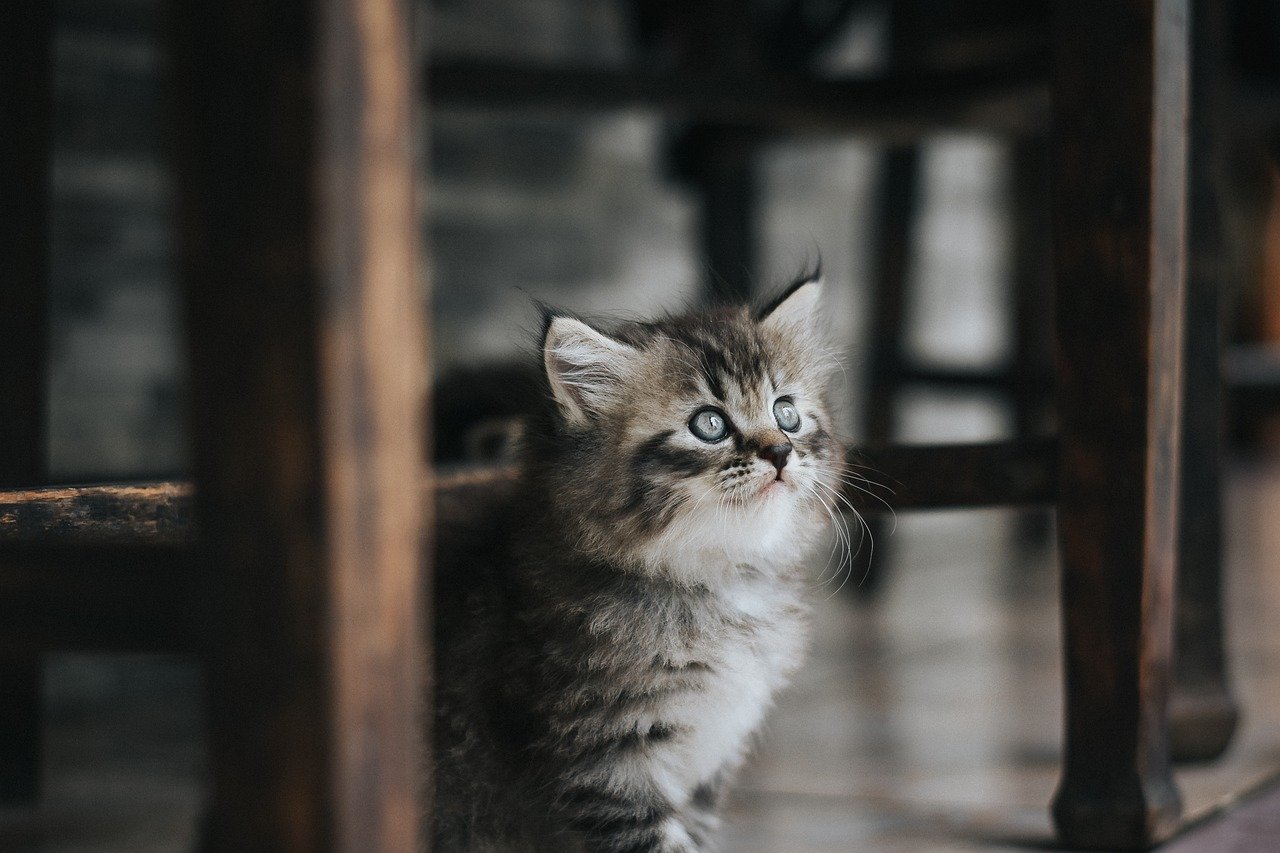
Kittens and younger cats are especially prone to knocking things over. Their playful nature and boundless energy make them more likely to investigate—and topple—whatever catches their eye. As cats age, they might become a bit more cautious, but many never fully outgrow this endearing (and exasperating) habit.
Stress and Anxiety: Acting Out

Sometimes, knocking over things is a sign that your cat is stressed or anxious. Changes in their environment, new people or pets, or even a move to a new home can trigger this behavior. For some cats, making a little chaos is a way to cope with their feelings and regain a sense of control.
Communication Without Words
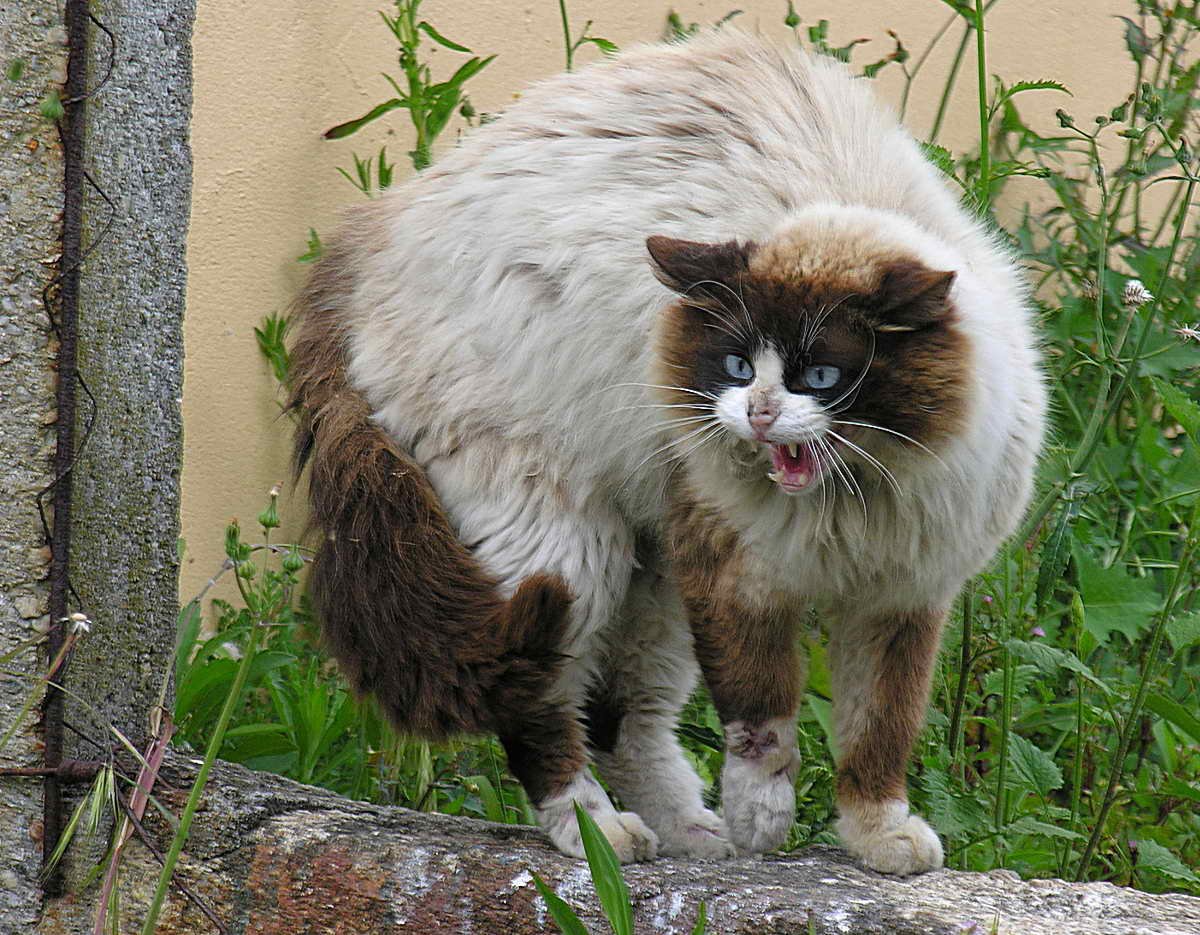
Cats can’t talk, but they have their own ways of letting you know how they feel. Knocking over something valuable might be their way of expressing frustration, boredom, or even happiness. It’s a form of nonverbal communication—a message from your cat that you’re left to interpret.
Why Expensive Things? The Final Puzzle Piece

So why do cats seem to single out pricey items? Expensive things are often smaller, shinier, or set apart from the rest—making them prime targets for all the reasons above. It’s not that your cat knows the value of your possessions, but their instincts, curiosity, and playfulness often lead them straight to your most treasured belongings. In their eyes, it’s all part of the adventure.
What Can You Do About It?
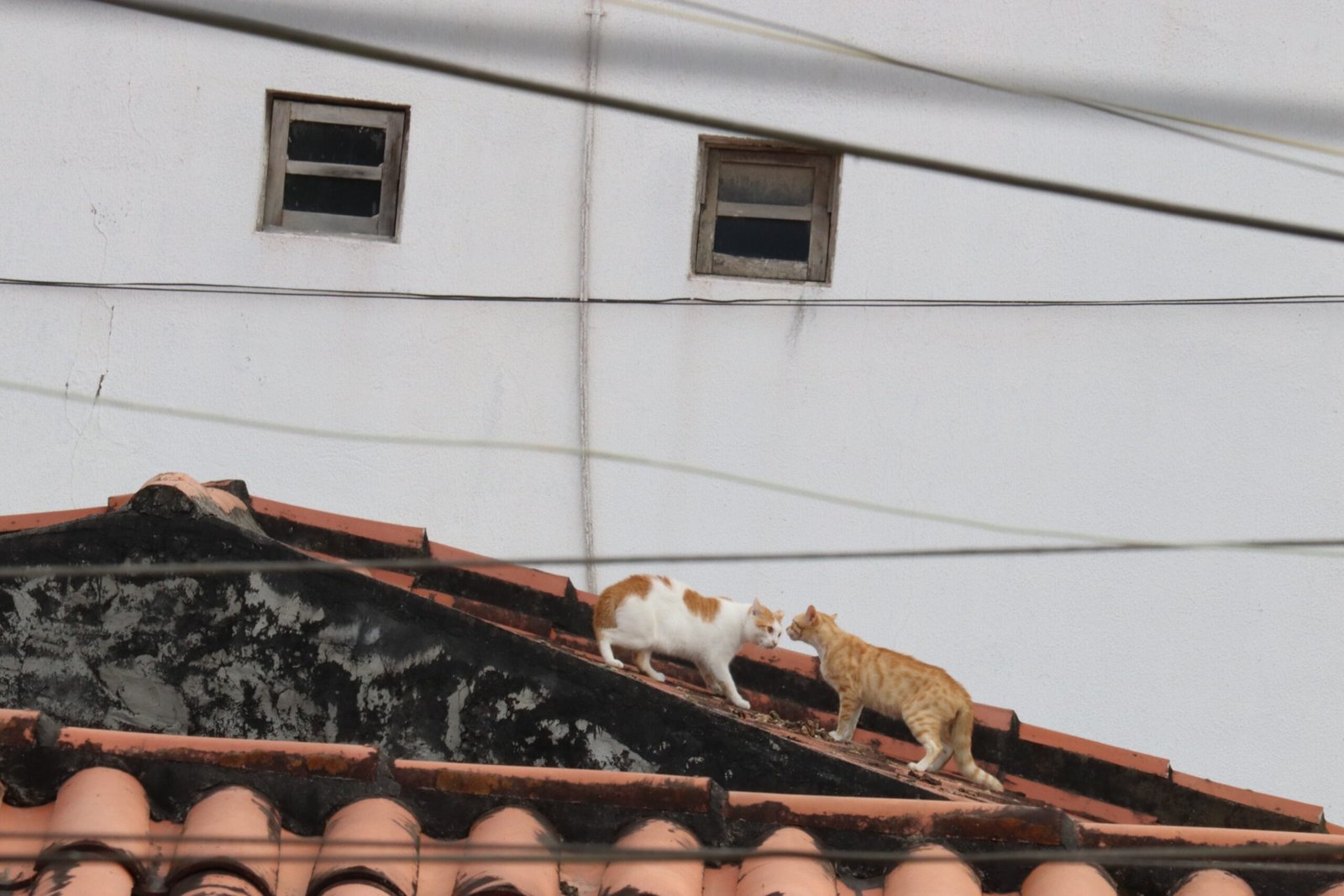
While it might seem like a losing battle, there are ways to cat-proof your home and protect your valuables. Give your cat plenty of toys, playtime, and safe climbing spaces to keep them entertained. Store breakable items out of reach or behind closed doors when possible. Most importantly, remember to approach these antics with patience and humor. Your cat’s love for knocking over expensive things is just another part of their quirky charm.
Hi, I’m Bola, a passionate writer and creative strategist with a knack for crafting compelling content that educates, inspires, and connects. Over the years, I’ve honed my skills across various writing fields, including content creation, copywriting, online course development, and video scriptwriting.
When I’m not at my desk, you’ll find me exploring new ideas, reading books, or brainstorming creative ways to solve challenges. I believe that words have the power to transform, and I’m here to help you leverage that power for success.
Thanks for stopping by, Keep coming to this website to checkout new articles form me. You’d always love it!





